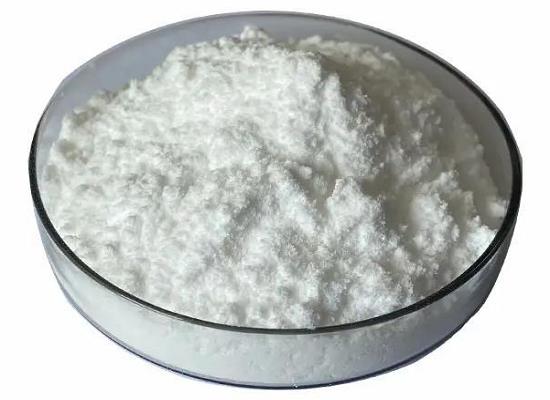What is edetate disodium(EDTA)?
What is edetate disodium?
Edetate disodium (EDTA) is a chelating (KEE-late-ing) agent. A chelating agent is capable of removing a heavy metal, such as lead or mercury, from the blood.
EDTA is used to lower blood levels of calcium when they have become dangerously high. EDTA is also used to control heart rhythm disturbances caused by a heart medication called digitalis (digoxin, Lanoxin).
EDTA may also be used for purposes other than those listed in this medication guide.

What is the most important information I should know about edetate disodium?
EDTA is given in a hospital or emergency setting. The medicine must be given slowly through a needle placed in your vein. The infusion can take at least 3 hours to complete.
If possible before you receive this medication, tell your caregivers if you have heart disease, congestive heart failure, a heart rhythm disorder, diabetes, low potassium (hypokalemia), or a history of seizures, brain tumor, or head injury.
In an emergency situation, it may not be possible before you are treated with EDTA to tell your caregivers about any health conditions you have or if you are pregnant or breast-feeding. However, make sure any doctor caring for your pregnancy or your baby knows that you have received this medication.
After treatment with EDTA, you will be watched to make sure the medication has been effective and you no longer have any effects of high calcium levels.
What should I discuss with my health care provider before receiving edetate disodium?
You should not receive this medication if you are unable to urinate, or if you have arteriosclerosis (hardening of the arteries).
If possible, before you receive EDTA, tell your doctor if you are allergic to any drugs, or if you have:
heart disease, congestive heart failure;
a heart rhythm disorder;
a history of seizures, brain tumor, or head injury;
diabetes;
low potassium levels (hypokalemia); or
if you take digitalis (digoxin, Lanoxin, Lanoxicaps).
If you have any of these conditions, you may not be able to receive EDTA, or you may need dosage adjustments or special tests during treatment.
FDA pregnancy category C. This medication may be harmful to an unborn baby. If possible, tell your doctor if you are pregnant before you receive EDTA.
It is not known whether EDTA passes into breast milk or if it could harm a nursing baby. If possible, tell your doctor if you are breast-feeding a baby.
In an emergency situation, it may not be possible before you are treated with EDTA to tell your caregivers if you are pregnant or breast-feeding. However, make sure any doctor caring for your pregnancy or your baby knows that you have received this medication.
How is edetate disodium given?
EDTA is given as an injection through a needle placed into a vein. You will receive this injection in a hospital or emergency setting. The medicine must be given slowly through an IV infusion, and can take at least 3 hours to complete.
EDTA is usually given for 5 days in a row, followed by 1 day off the medicine. This schedule is then repeated for as long as needed until blood calcium levels are lowered to a safe level.
After you receive EDTA, you will need to remain lying down for a short time. Reversing high blood levels of calcium can cause a drop in your blood pressure. This can make you feel very light-headed or slow your breathing. You will need to be watched closely for these and other effects after you receive the medication.
To be sure this medication is helping your condition, your blood and urine will need to be tested often. This will help your doctor determine how long to treat you with EDTA.
Edetate disodium side effects
Get emergency medical help if you have any of these signs of an allergic reaction: hives; difficulty breathing; swelling of your face, lips, tongue, or throat.
Tell your caregivers at once if you have any of these serious side effects:
feeling like you might pass out; or
severe blistering, peeling, or red skin rash.
Less serious side effects include:
nausea, vomiting, diarrhea;
numbness or tingling (especially around your mouth);
headache; or
pain, redness, or swelling where the needle is placed.
This is not a complete list of side effects and others may occur. Tell your doctor about any unusual or bothersome side effect. You may report side effects to FDA at 1-800-FDA-1088.
You may like
Related articles And Qustion
Lastest Price from Disodium edetate dihydrate manufacturers

US $10.00/KG2025-04-21
- CAS:
- 6381-92-6
- Min. Order:
- 1KG
- Purity:
- 99%
- Supply Ability:
- 10 mt

US $100.00-75.00/kg2025-04-21
- CAS:
- 6381-92-6
- Min. Order:
- 1kg
- Purity:
- 99%
- Supply Ability:
- 5000Ton




